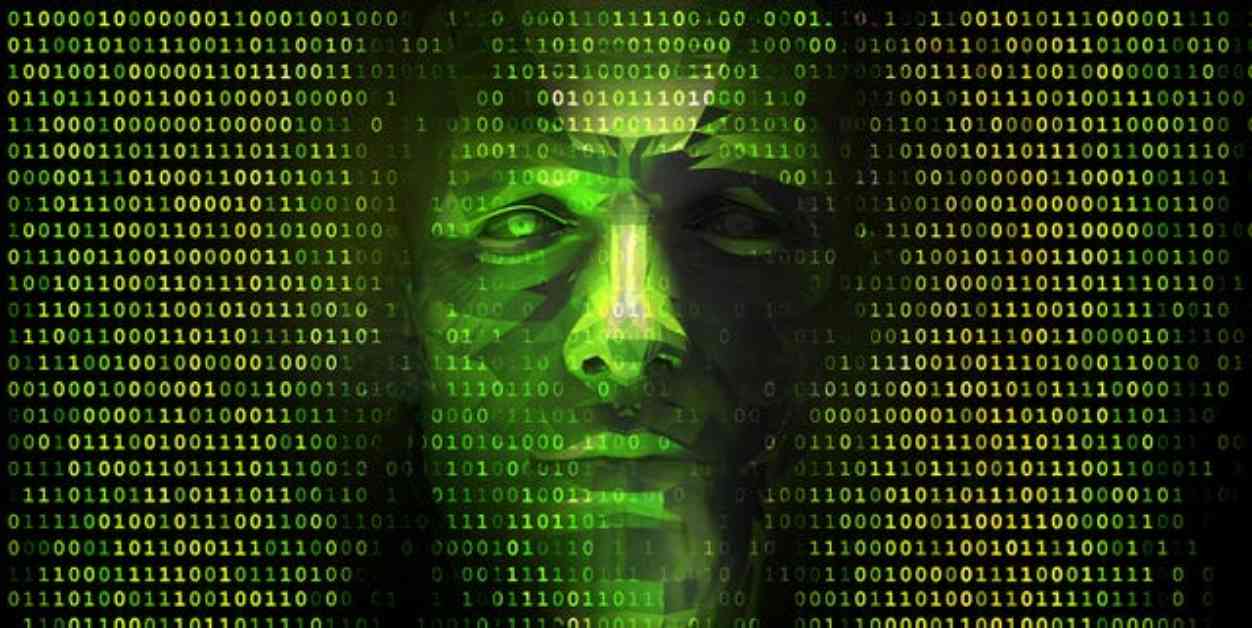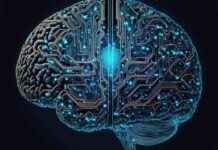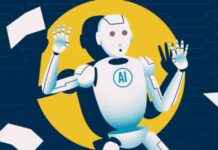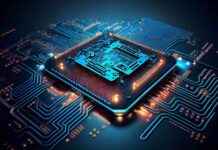Futurists have been discussing the idea of the singularity, when human intelligence merges with artificial intelligence, for a long time. Ray Kurzweil, an American computer scientist and futurist, has been a prominent voice in this conversation. He has predicted that the singularity will likely happen around the middle of the 21st century. With the advancement of AI, his predictions are gaining more attention and credibility.
In his latest book, “The Singularity is Nearer,” Kurzweil reaffirms his predictions and explains how human intelligence will increase dramatically through the use of nanobots, among other technologies. While some of his past predictions may not have come true, his ideas push the boundaries of our imagination about the future.
Kurzweil has been a strong advocate for the idea of the singularity, where man and machine become one. In 1999, he theorized that achieving artificial general intelligence would be possible once technology could perform a trillion calculations per second, a milestone he predicted would be reached by 2029. Many experts at the time dismissed this idea, but as the date approaches, the possibility of achieving AGI is becoming more real.
In his recent book, “The Singularity is Nearer,” Kurzweil stands by his predictions and believes that by 2045, human intelligence will increase by a millionfold. He envisions a future where humans will merge with cybernetic intelligence, leading to a significant expansion of awareness and consciousness.
While Kurzweil’s vision involves a more direct integration of technology into the human body, other experts agree that some form of merger between man and machine is likely inevitable. The idea of a hybrid future, where human consciousness interacts with AI, is gaining traction among philosophers and AI experts.
This merging of human and artificial intelligence raises numerous questions about the future. What will happen to jobs in a world where AI is prevalent? Is immortality a possibility? How will this transformation redefine what it means to be human? Kurzweil and other futurists remain optimistic about the potential benefits of AI, such as advancements in medicine that could lead to increased longevity.
Despite the potential benefits, there are also concerns about the societal and personal implications of a hybrid AI-human existence. Issues such as job displacement and ethical considerations surround the idea of merging human consciousness with artificial intelligence. However, Kurzweil believes that concepts like Universal Basic Income may become essential in this new era.
As we approach the predicted timeline for the singularity, the debate about the future of humanity and technology continues to evolve. While the idea of a technology-driven utopia may seem appealing, it also comes with its own set of challenges and uncertainties. Only time will tell how close we are to achieving the singularity and what it will mean for the future of humanity.












